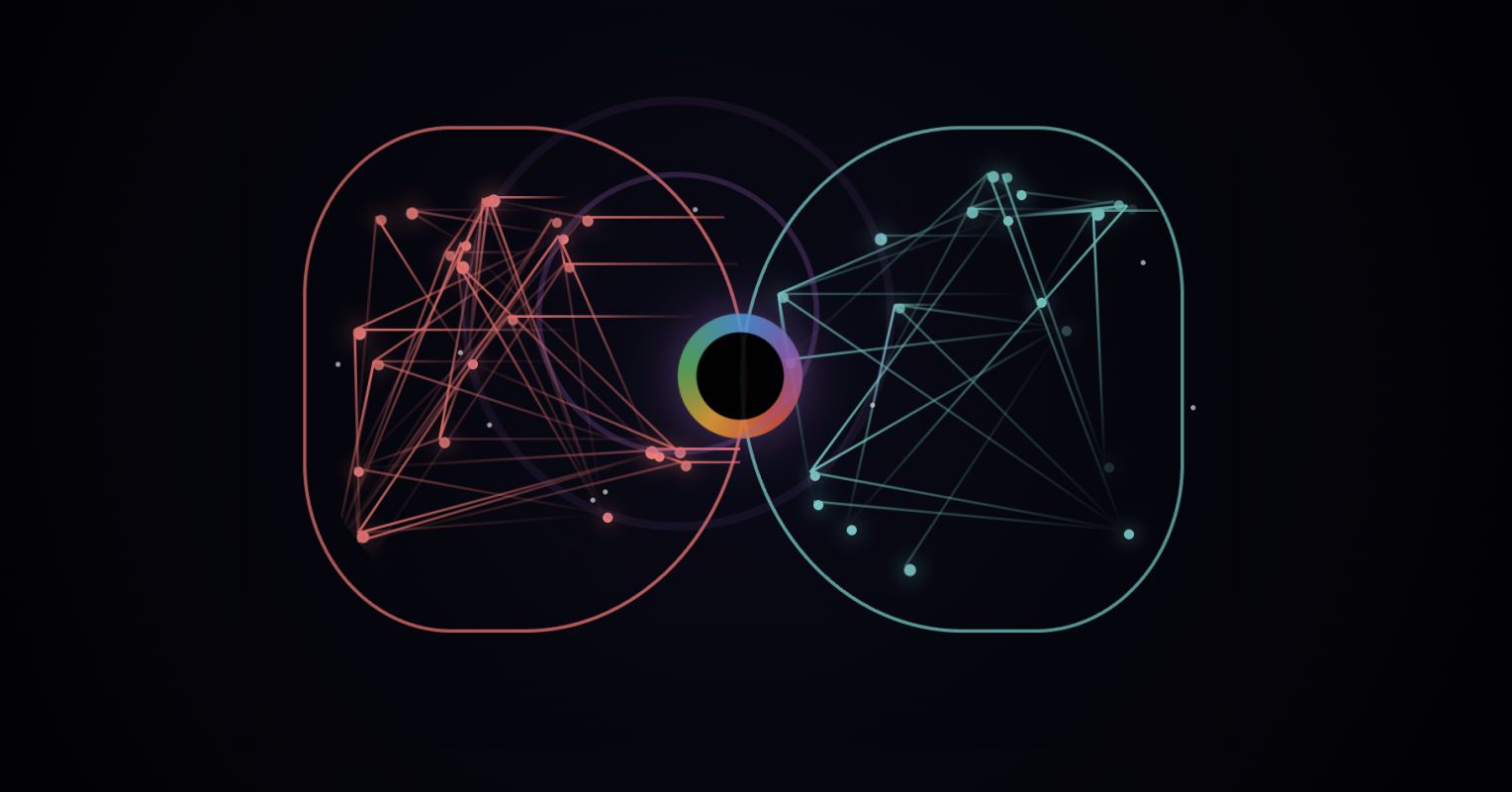
"A student sits before a blank screen, cursor blinking. Ten years ago, she would have wrestled with ideas, crossed out sentences, rebuilt arguments from scratch. Today, she types a prompt and watches words appear as if by magic. The essay emerges polished and coherent, but something subtle has been lost in translation: the cumbersome essential process of thinking itself. Are the same technologies that promise to make us smarter making us less capable of the hard mental work that builds genuine understanding?"
"Every time you work through a complex problem, your brain literally rewires itself, building neural manifolds, sophisticated networks that store not just facts, but the relationships between them. These networks are what separate true expertise from mere information recall. They're what allows us to detect patterns others miss, to make creative leaps, to know when something feels wrong even if we can't immediately pinpoint why."
"However, these networks only form when we do the hard work ourselves. When AI does the heavy lifting, we miss the workout. Our brains atrophy in areas we no longer use regularly. When people rely heavily on AI for writing tasks, their brains show measurably weaker connectivity patterns. The Delusion of Understanding Our minds are prone to systematic errors, cognitive biases that lead us astray despite our best intentions."
A student types a prompt and receives a polished essay, but the strenuous process of thinking and drafting has been bypassed. Neural pathways that underpin expertise form only through repeated struggle with difficult material and complex problem solving. When AI performs the hard cognitive work, those neural networks do not develop, and relevant brain regions can atrophy from disuse. Reliance on AI for writing and analysis produces a misleading fluency that feels like comprehension while masking superficial understanding. Cognitive biases compound this illusion, creating a new mental trap of apparent competence without genuine mastery.
Read at Psychology Today
Unable to calculate read time
Collection
[
|
...
]